Top 7 Ecommerce Lead Generation Tips and Strategies
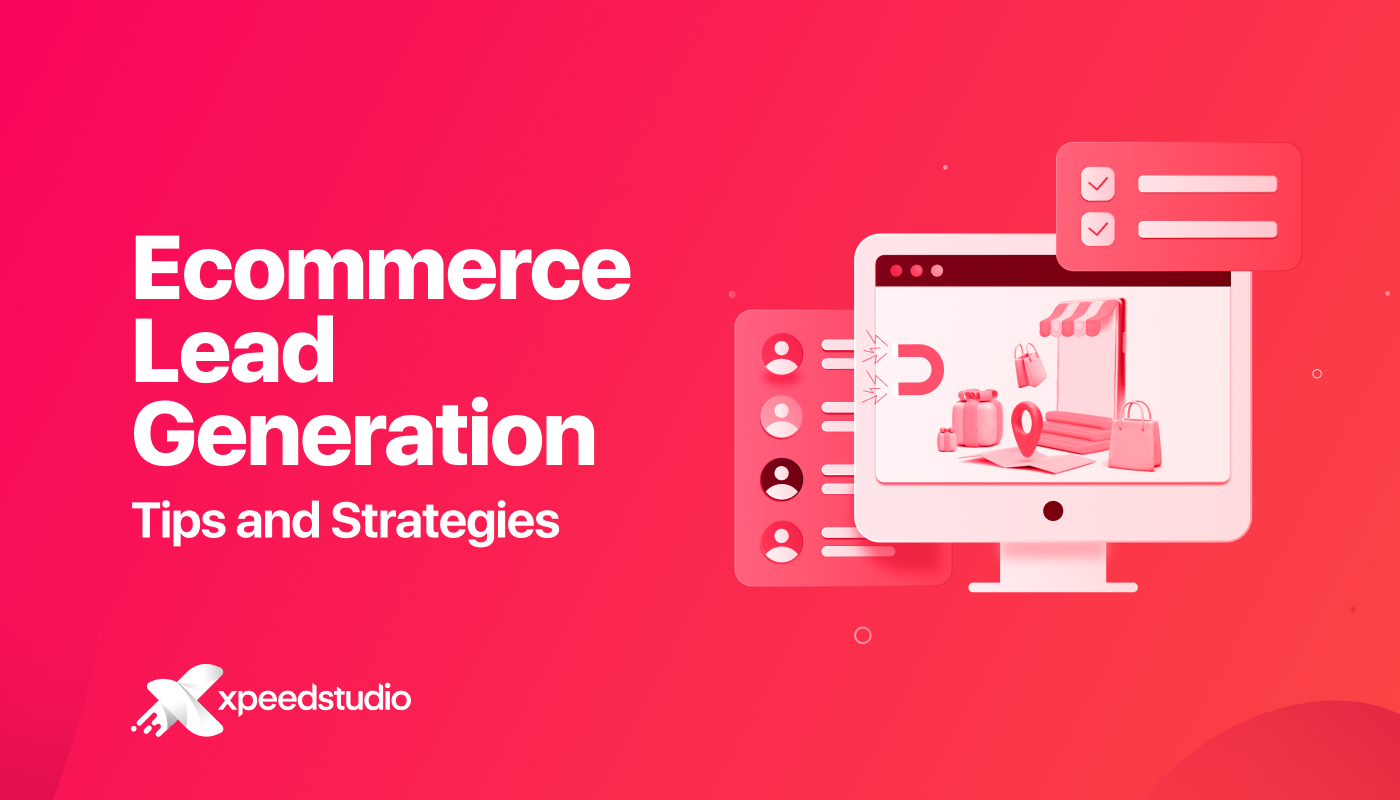
Ever wondered about the importance of generating leads in a business? Lead generation is one of the most pivotal factors in any kind of business to explode sales. Ecommerce business is also no exception to it. This blog post will deal with ecommerce lead generation tips and strategies at length.
If you have an online business, you must identify your prospects to generate leads. Once you identify your prospects, you can take necessary steps to capture their interest in your products or services. The process of lead generation for ecommerce businesses, however, isn’t identical to traditional businesses.
That’s why I have picked this topic exclusively to clarify the ins and outs of ecommerce lead generation tips and strategies. First, up, let’s get to know what lead generation is.
What is Lead Generation:
To put simply, lead is an individual, organization, or a company that is likely to show curiosity in your brand, products, or services. In other words, if any person or organization seems to be taking action towards your brand, products, or services, they are your leads.
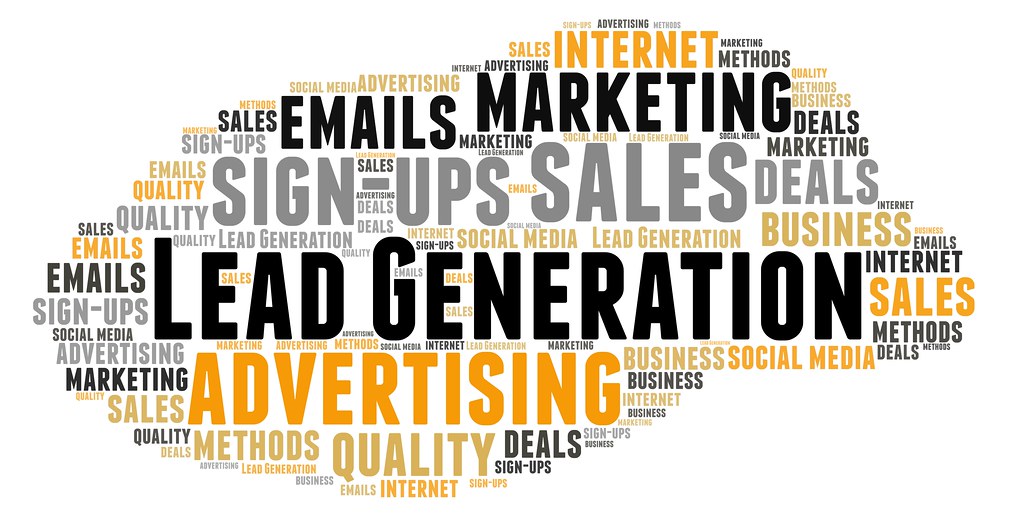
Lead generation leads to identifying prospects or potential customers. A lead can take action in several ways and become prospects. So, lead is an unqualified contact while prospect is a qualified contact. Let’s check out some of the actions a lead can take and turn into a prospect-
- Signing up for your email list
- Subscribing to your newsletters
- Clicking on your advertisement campaign
- Requesting for a free trial
- Following your brand on social media channels
- Downloading pieces of content like ebook, whitepaper, etc.
Who is your Ideal Lead:
It’s very crucial to know your ideal leads holistically to nudge them to take actions. You may have general idea about your target clients based on their characteristics, behaviors, approach, and pain points. But to make your marketing campaign come off, you have to create a buyer persona based on data.
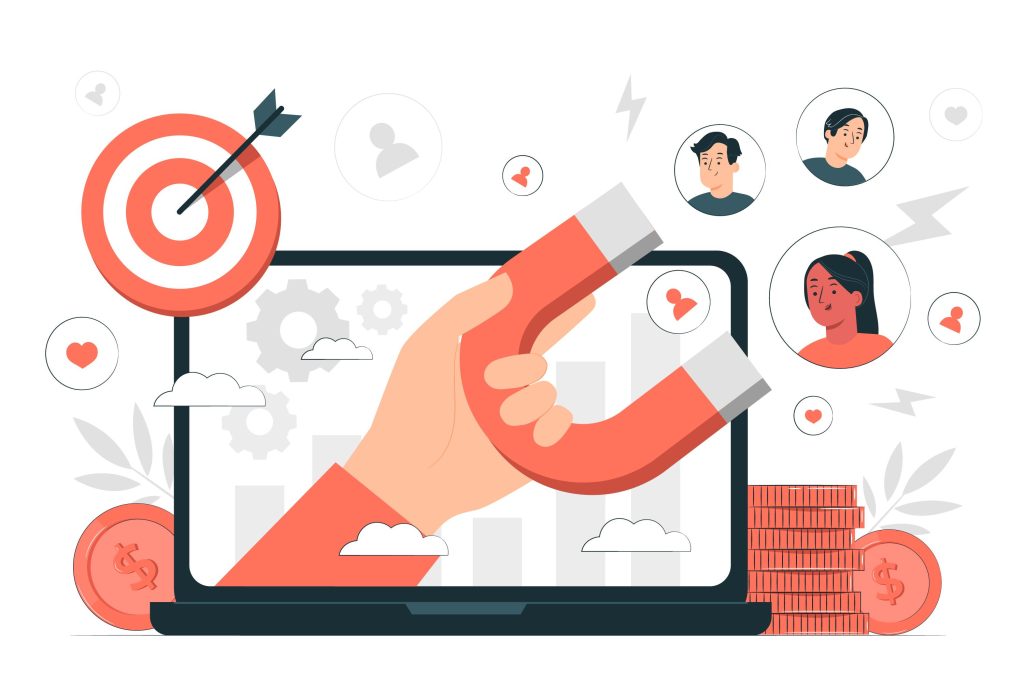
A buyer persona reflects your ideal customer which you have to develop based on both quantitative and qualitative data. You can collect quantitative data from your site analytics, competitor analysis, and industry reports.
When it comes to qualitative data, you can gather it from client interviews, survey questions, and online discussions regarding your brand, products or services. Then, combining both types of data, you can create your buyer persona.
Let’s take a glimpse at some of the factors that you can leverage to know your ideal lead-
- Gender
- Age
- Location
- Income
- Interest
- Education
- Pain points
Why Ecommerce Lead Generation is different from the Conventional One:
Right at the beginning, I mentioned that ecommerce lead generation is different from the traditional lead generation method. To make you better understand, let me present you 2 different scenarios.
Scenario 1:
You sell a SaaS product in your online business. That means, a buyer has to buy or obtain the license of the product. For that, he will initially visit your website, navigate to your website, may sign up for your email list, visit your social media page, check customers’ reviews, and compare your product with other similar products. Finally, he may contact your sales team to buy your product.
Scenario 2:
You have an online watch store and you sell different types of watches at a price range between $50-$500. In this case, a buyer will initially visit your store via search engine, social media, or ads. Most of the customers will look at different types of watches before deciding to buy one. After that, he will check out with his preferred watch.
So, what did you conclude from both these scenarios? The scenarios easily reflect that the buying procedures of both products are different.
So, depending on the type of product you sell, you have to come up with your lead generation strategies. In an ecommerce business, you can generate leads even in a minute unlike a traditional business.
Top 7 Ecommerce Lead Generation Tips and Strategies:
Now, we have come to the core of this topic. I have conducted a thorough research on lead generation tips and strategies. Based on that, I have rounded up 7 ecommerce lead generation tips. Let’s check them out-
Produce Value-rich Content:
Yeah, valuable and informative content is always crucial to generate leads by piquing people’s interest. Most of the time, people don’t come to your product page straightaway. Rather, they come to your product page through a channel and content is one of those channels.

You can produce blog posts, images, videos, infographics, animations, social media content, and whatnot. No doubt, you have to do content marketing after that as well. These pieces of content will inform, enlighten, and resolve the pain points of people.
According to WordStream, brands using content marketing have 6 times higher conversion rate than brands not using it.
For example, if a user is looking for an Elementor addon, he is likely to search with the keyword “Elementor Addon”. After he searches with the keyword on Google, he may come across an Elementor addon called “ElementsKit”.
If informative blogs are crafted on ElementsKit detailing about the features and other aspects of the product, he can know about ElementsKit easily. If he finds what he is looking for through the blogs, he is likely to be passionate about ElementsKit and check out the plugin.

Make your Website Content Search Engine-friendly:
When you write blog posts, it’s very crucial that you get visitors on your blog posts. This will happen only if you rank on the first page of Google. Otherwise, the chances of your content reaching the target audience is bleak.
Hubspot reports that 75% of users never scroll beyond the first page of search results.
This shows how important it is rank on top of the Google SERP to draw traffic to your website. Unfortunately, many ecommerce businesses skip the step of optimizing their site content including the product page. This aborts their chances of ranking on the SERP, thereby failing to generate traffic.
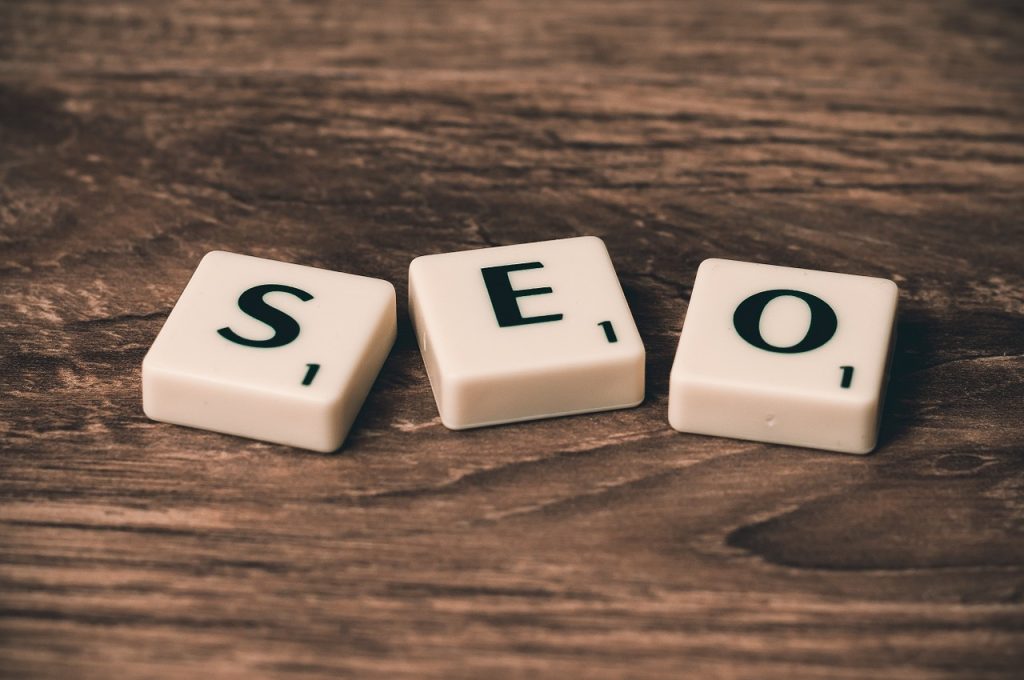
A well-executed SEO strategy peppers keywords into the product descriptions, blog posts, and meta-descriptions. It’s also pivotal to add image alt-tags to images to make your audience realize what they stand for. All these activities will ease your effort to do lead generation.
Boost Social Media Followers and Turn them into Leads:
Social media is goldmine these days and there are several ways you can make use of this goldmine. One of the coveted ways is to build social media followers.
As per the report of Hootsuite, over 4.62 billion worldwide take advantage of social media. Also, globally, people spend 2 hours and 27 minutes on average per day.
All you have to do is source the right channels where your targeted audience spend most of their time. Share your content in different groups and pages to hook and drive them to your page. Once people start following your brand, invest your time and money after them.
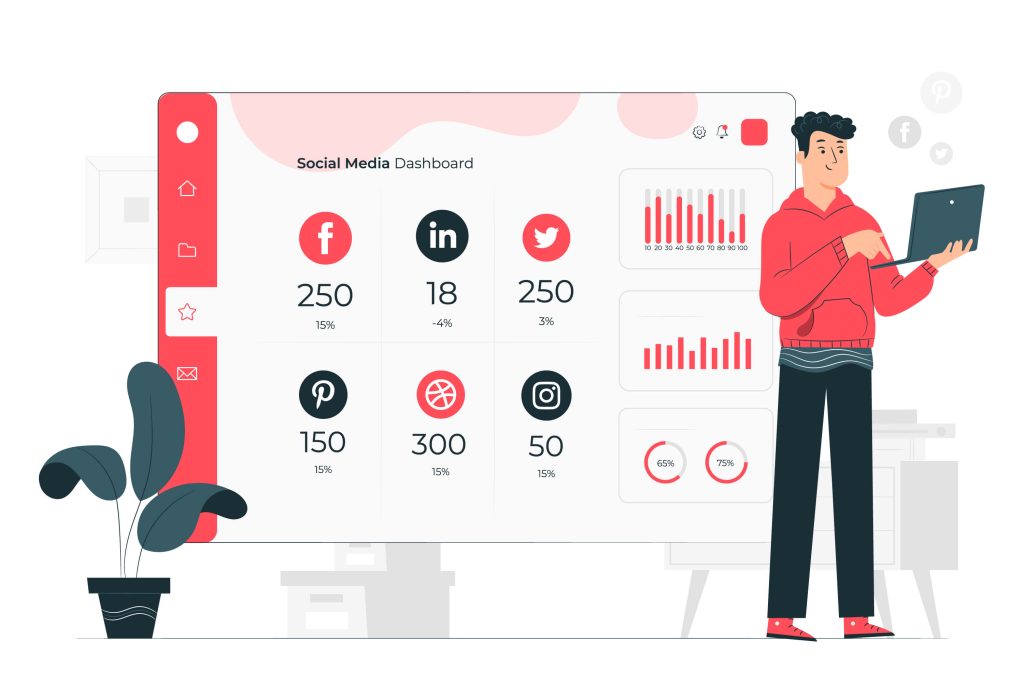
No doubt, they are your leads and you must take initiatives to convert them into prospects, and then to paying customers. What you can do is regularly share your marketing content and run targeted social media ads. These campaigns will make them brand-aware and take actions eventually.
To view your social media followers right on your site, I would recommend WP Social, a magnificent tool through which you can view your followers on different social media channels like Facebook, LinkedIn, Twitter, Instagram, etc.
Run Email and Paid Marketing Campaigns:
When people visit your website, not necessarily all of them will make purchase. In fact, big chunk of them are unlikely to make any purchase. What you can do is collect their emails in exchange of lead magnets like ebooks, whitepapers, free trial, etc.
Once you get their emails, start running email marketing campaigns. Promote your ongoing discounts and incentives to draw their attention and drive them to your site again. Also, provide your landing page link in a bid to bring them to the landing page and convert.
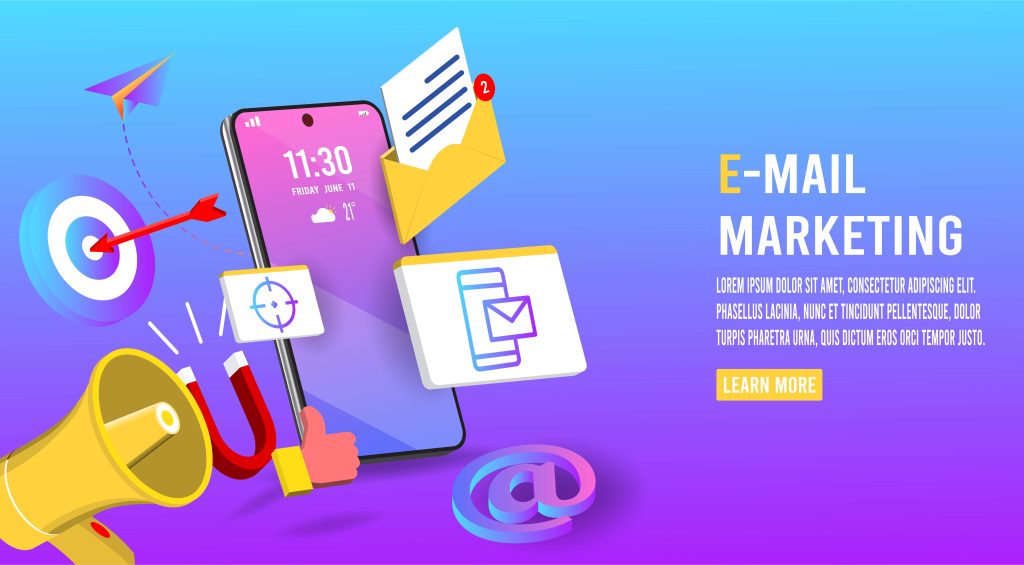
On top of that, you can run paid marketing or PPC campaign in platforms like Google AdWords. You have to find out the competitive keywords related to your business that have purchase intent but dominated by competitors in the search results.
With these keywords, you can create PPC ads, set the keywords for which you want your ads to show up, and then set bids on how much you are willing to pay for each click on the ad. Then, depending on the bidding amount, CPC, and quality score, you will get an ad placement on a particular position.
If you are curious to know how to manage affiliate programs in WordPress, go through the write-up clicking the link below-
Focus on Personalized Marketing:
All your target audiences don’t have the same needs or same interests. Hence, you can’t do your marketing to all of them in the similar fashion. Instead, your marketing towards them has to be tailored to their needs and interests. In other words, it has to be personalized marketing.
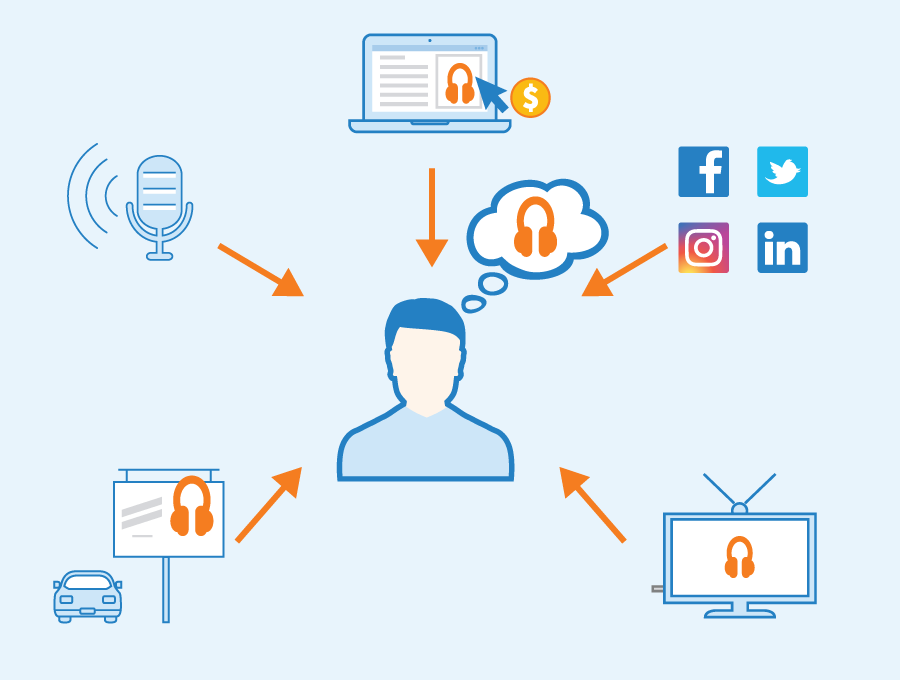
For example, if someone visited a specific product page before and left the site without making a purchase, you have to come with a particular marketing strategy for this visitor. What you can do is display discounts and offers related to that product as soon as they land on your site again.
Personalized or individualized marketing can be a killer growth hacking strategy too. This is because the chances of target audiences quickly responding to offers and making purchases is very high.
Leverage Cookies and Push Notifications:
Remarketing or retargeting campaigns play a vital role in lead generation attempts. You have to gather relevant information about your target audiences through different ways.
As per the Take a Tumble, retargeted customers are 70% more likely to convert
In order to collect profitable data about your target audience, you can send cookies to your visitor’s device or the browser. Cookies gather and store information from a visitor’s session.
From cookies, you can know browsing information like login data, items your visitors clicked, and added to their carts even though they didn’t check out. Avail of these set of data and retarget these visitors with personalized ads.
Apart from that, you can also make use of push notifications. Ask your visitors to opt in for push notifications. Then, you can send sales news, alerts, discounts, coupons, or anything else you wish to display them. It’s a fantastic way to bring back these visitors to your site and convert.
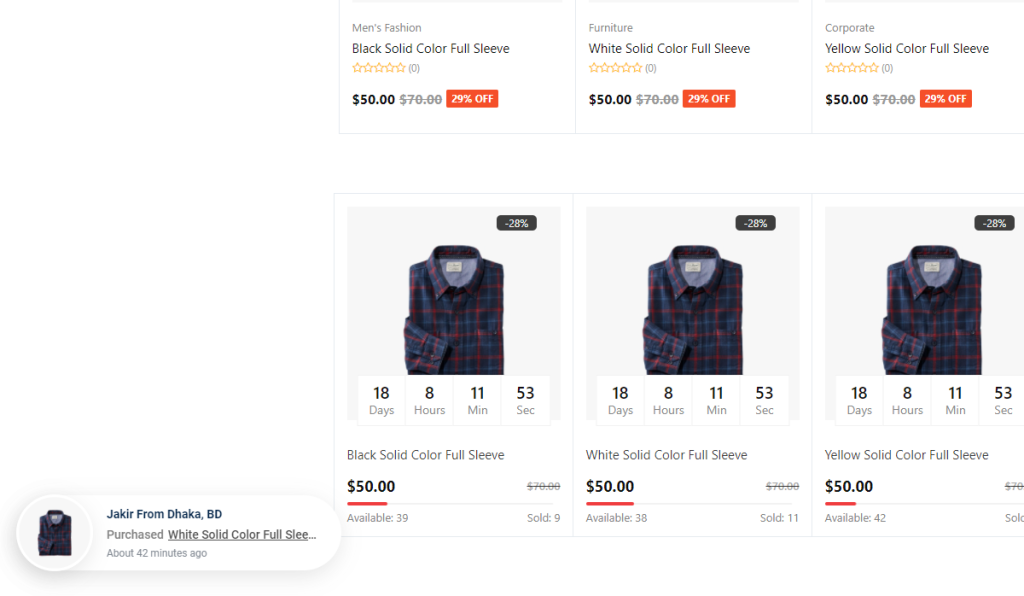
However, don’t send excessive push notifications lest they might block those notifications. It works similar to the email marketing method. If you send too many frequent emails, you are likely to be blocked by your leads.
ShopEngine, a WooCommerce builder comes with a sales notification module that I would recommend if your site is a WooCommerce site.
Emphasize Guest Blogging and Referral Marketing:
One of the fruitful ways of doing lead generation at the moment is guest blogging to relevant sites. What you have to do is find and list the high-authority sites similar to your niche and profitable for you in all the aspects. Thereafter, build partnerships with them by creating a win-win situation for both sides.
Then, propose them for guest posting or guest blogging opportunities. These can be paid guest blogging or exchanged guest blogging. What I mean by this is, they will publish your content in their site and you will publish their content in your site. In this way, you are likely to generate additional leads.
Referral marketing or word-of-mouth marketing also come in handy in generating leads. If you ask your existing customers to promote about yourself to their family, friends, and relatives, it works out in lead generation.
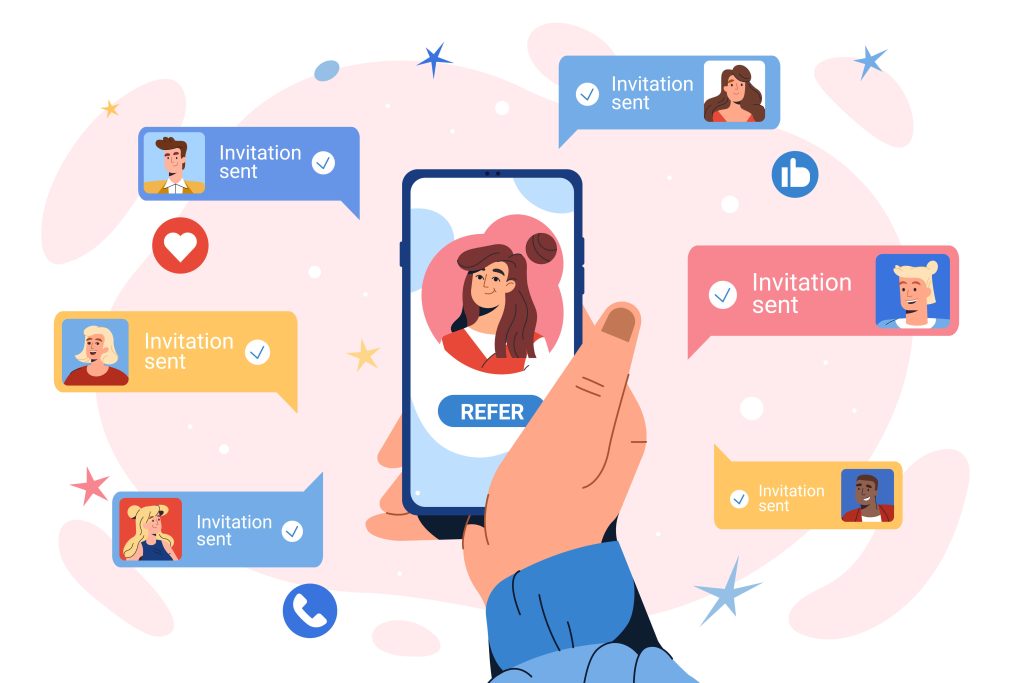
You can also incentivize your clients on the terms that they would recommend your brand to their known ones.
Bottom-line:
By now, you have already understood that lead generation is key to boosting your ecommerce business sales. If you don’t focus on ecommerce lead generation, your sales will start declining and you will lag behind your competitors.
However, ecommerce lead generation isn’t a cakewalk. It takes a lot of effort to nail the job. You have to explore and research abundantly to end up having targeted warm leads.
You have to always keep an eye on your site visitors and social media page visitors to perceive if they can be your ecommerce business leads. Once you generate leads, don’t forget to nurture them through live chat and other mediums.
As a matter of fact, if you build your ecommerce site with WooCommerce, don’t forget to take advantage of ShopEngine, an all-in-one solution for your WooCommerce store.

Wanna know about structuring an ecommerce team? Follow the ultimate guide below-
